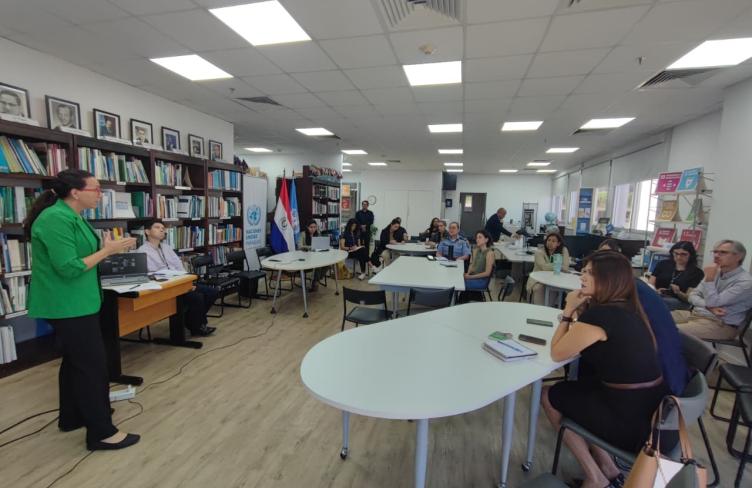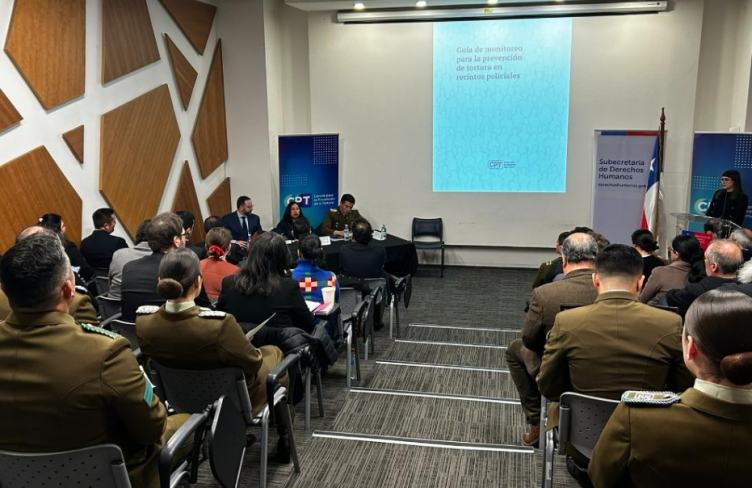
National Human Rights Institutions (NHRIs) have a uniquely privileged position. While a variety of non-State actors, including leading NGOs, act as eyes and ears for abuses committed by the State, NHRIs are among the only bodies with the independence, expertise and legal authority to effectively investigate and pursue particularly serious human rights abuses, such as torture, within a jurisdiction.
Despite occupying a privileged position, the legal mandates of NHRIs rely on national laws and are often quite different from each other, with some having significantly more authority to investigate individual complaints of abuses than others. For instance, some NHRIs have powers to initiate criminal prosecutions on their own initiative or recommend such prosecutions to the relevant authorities; some are able to secure forms of redress for victims including compensation or rehabilitation; while others are more limited in their resources or in the legal powers conferred to their institutions.
Whatever the particular legal powers of NHRIs, the investigation of human rights abuses is typically an important part of their national mandates.
The role of NHRIs is particularly urgent in contexts where the authorities are either unable or unwilling to conduct effective investigations themselves. In cases before treaty bodies and regional courts, the failure to conduct effective investigations is regularly noted. With Istanbul Protocol compliant methods of documentation and investigation, NHRIs preserve the evidence, building a record of truth so that the voices of victims may be heard long after injuries have faded or supplementary evidence of torture has otherwise disappeared.
It is also recognised that many NHRI staff continue this work in challenging and often dangerous circumstances. Where more traditional access to redress mechanisms is frustrated, it is often only through the diligence, bravery and commitment of NHRI staff that victims can seek some measure of redress for government abuses.
Addressing systematic problems to prevent future abuse
The added value of NHRI investigations in the direct prevention of torture and other ill-treatment is the close relationship such national institutions maintain with State bodies. NHRIs are encouraged to report and recommend changes to appropriate State bodies that address the root-causes of abuses, encouraging reforms to laws and policies. They should focus on the training received by front-line officers to ensure they are able to address risks in their work and are encouraged to report failings where protection measures fail. By preparing recommendations which focus on prevention, NHRI investigations into allegations of torture can address systematic problems in key State institutions, such as the police and prison services, helping to significantly prevent future abuse.
The APT recently joined forces with Asia Pacific Forum and IRCT to host workshop events to NHRI investigators across the Asia Pacific region. The workshops sought to understand the particular sensitivities of torture victims and institutionalise good practices for forensic documentation and investigation, following Istanbul Protocol standards.
Over the course of five days, experts shared their experiences and gave practical advice on planning an investigation, on working with health professionals in the collection of forensic evidence, on interviewing the victim, and on building the legal case and making recommendations. Recognising the acutely important role for medical evidence in torture investigations, we also sought to explore the fundamental role of independent health professionals in preparing expert medical evidence (both physical and psychological) for NHRI investigations.
Globally, NHRIs are now using UN standards and are increasingly engaging health professionals in their investigations of individual human rights complaints. Such investigations can achieve a great deal of redress for victims even in circumstances where the response from national authorities is inadequate. In framing recommendations which also address the root-causes of torture, NHRIs are beginning to offer a more comprehensive response which will significantly prevent torture in the future as well.


